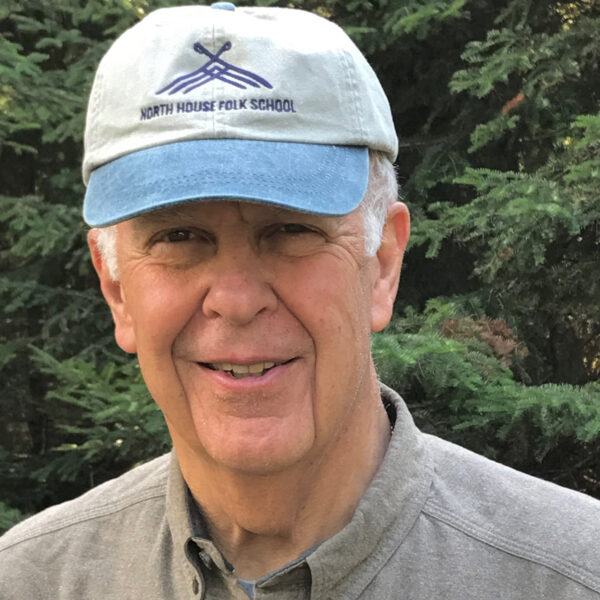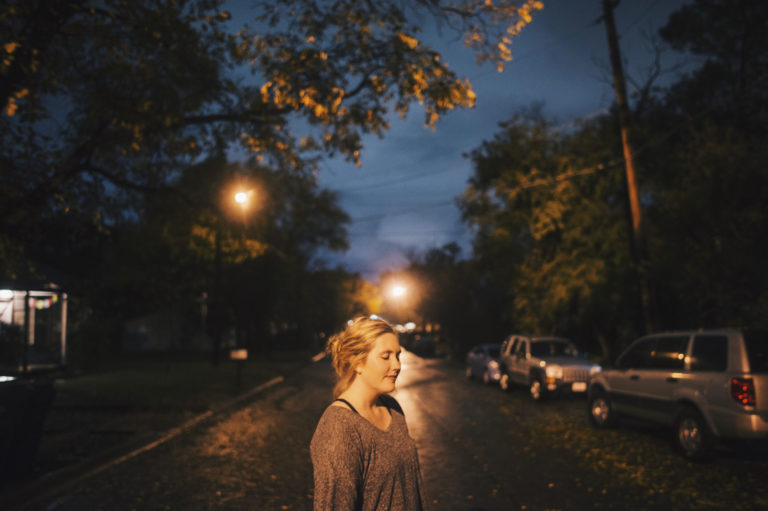A Direct Encounter with Language and Life
I’ve been writing professionally for 40-plus years, and I’m addicted to similes and metaphors. What would I do if I could not write things like, “I fell into a dark canyon of despair”?
Fortunately, I’m also addicted to voices that invite me to think differently, as Linda Pastan does in this poem. She’s urging us to look at the natural world for what it is rather than what it represents to us.
I love Pastan’s line, “Let the eye enlarge with all it beholds.” If I can take an occasional break from reducing nature to a way of talking about myself, I’ll have a better sense of all the “otherness” that surrounds, supports, and enhances my life, and I’ll be more grateful for it.
I also love the fact that it’s the child in Pastan’s poem who doesn’t equate the ending of summer with death of any sort, but simply tastes “the sound of the words on her clumsy tongue: pumpkin; autumn.”
Isn’t that one of the reasons we grown-ups need to spend time around little kids — to help us recover the capacity we once had for a direct encounter with language and life that will make us feel more alive?
I think of Joseph Campbell’s words:
“People say that what we’re all seeking is a meaning for life. I don’t think that’s what we’re really seeking. I think that what we’re seeking is an experience of being alive, so that our life experiences on the purely physical plane will have resonances with our own innermost being and reality, so that we actually feel the rapture of being alive. That’s what it’s finally all about…”
And a little child shall lead us!
Autumn
by Linda PastanI want to mention
summer ending
without meaning the death
of somebody lovedor even the death
of the trees.(Excerpted from Heroes in Disguise. Read the full poem here.)


Share your reflection